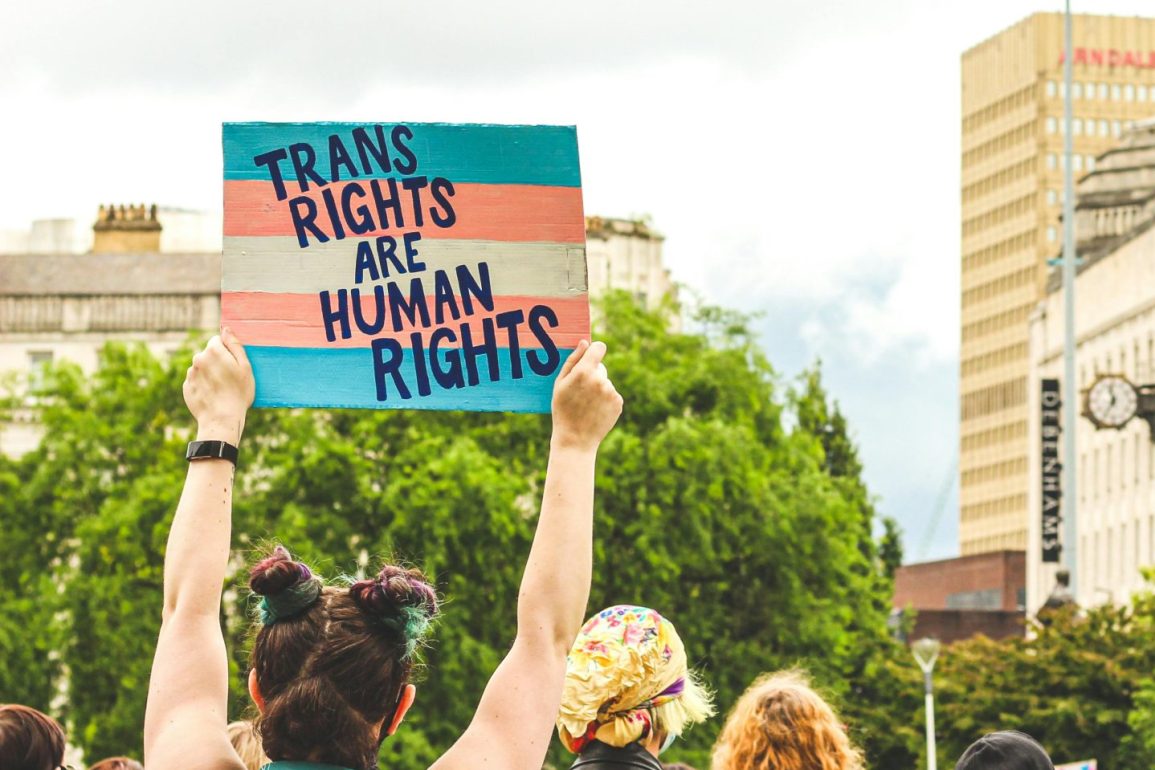Photo by Oriel Frankie Ashcroft via Pexels
One week on from the UK Supreme Court’s ruling on the legal definition of womanhood, the response from the country’s music and nightlife communities remains clear, collective, and resolute.
The court’s decision, delivered on April 16, stated that under the 2010 Equality Act, only “biological women” are covered by protections afforded to women in law, effectively excluding trans women, even those with a Gender Recognition Certificate, from vital legal recognition. The judgment was unanimous. The reaction from queer communities, cultural spaces, and grassroots organisations has been united in grief, anger, and unwavering solidarity.
From Body Movements and HE.SHE.THEY. to FOLD, Pxssy Palace, Gloss, and Raise The NRG, nightlife institutions across the UK have spoken out, not only to denounce the ruling, but to reaffirm their ongoing commitment to trans liberation, shaped by years of building spaces where identity is not a legal technicality, but something sacred and celebrated.
In its statement, Body Movements called the ruling “a decision that legitimises discrimination, stokes division and empowers those who seek to erase trans identities.” “It sends a message,” they wrote, “that trans lives are up for debate. They’re not.”
Queer House Party described the ruling as “a direct attack on trans people,” adding: “We will not accept a future where the law is used to punish people for who they are. And we will not stand by while the state tries to divide our communities.”
These words resonate because they speak to what music spaces, particularly queer music spaces, have always offered: sanctuary, solidarity, and resistance. From the earliest dancefloors of underground disco and rave to today’s queer club nights and collectives, these spaces have never been just about music. They’ve been sites of visibility, affirmation, and, crucially, revolution — places where marginalised people can come together to be seen, heard, and held.
When legal structures fail, it is often these communities that step in — not only with rhetoric, but with resources. Dalston Superstore’s Body Swap, for example, has raised over £18,000 for gender-affirming healthcare since early 2024. Clubs like FOLD, who described the ruling as a reflection of a “so-called progressive government aligning itself with bigots and populists,” continue to serve as spaces of collective care and political defiance.
Beyond London, the message holds. In Leeds, Rat Party called for “community, love and friendship” as a necessity. In Manchester, Gloss reminded their followers: “Our community is strong. And we will keep fighting — for justice, for trans liberation, for a world that embraces all of who we are.”
Gloss is putting together a community fundraiser on April 30th in support of Trans Mutual Aid – more details HERE.
This is not a moment confined to legal texts or parliamentary debate. It is a cultural reckoning; one that strikes at the heart of who gets to belong, who gets to be safe, and who gets to be recognised. Music spaces have long been a lifeline for those pushed to the margins. Today, they are once again rising to meet the moment — not just in outrage, but in care. And while the courts may choose to narrow definitions, the dancefloor remains expansive: it is still a place where all people are celebrated, and liberation thrives.



